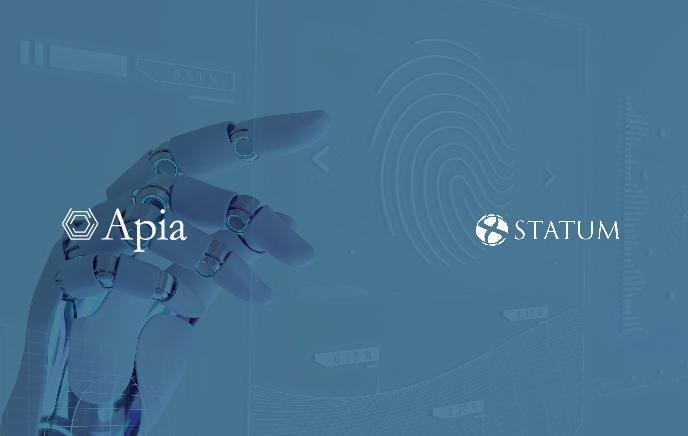Implementación del Expediente Judicial Digital en el Poder Judicial de Perú
Resumen:
En febrero del presente 2014, se realizó una reunión de trabajo en la Sala de Audiencias N° 3 con el objetivo de dar a conocer el alcance de la implementación del Expediente Judicial Digital en la Corte Superior de Justicia (CSJ) de Lima Norte. Se destacó la presencia de representantes del consorcio español Ayesa para dialogar sobre la Gestión de Cambio.
Información:
La exposición estuvo a cargo de Begonia López Rodríguez, ingeniera de telecomunicaciones de la empresa española, quien ofreció un acercamiento sobre la implementación del Expediente Electrónico en el país, explayando su concepto, desarrollo, y etapas imprescindibles para el correcto funcionamiento de un proyecto con tales características. Abordó además la necesidad de transformar algunas concepciones del sentido común sobre los usos tecnológicos para el cumplimiento de las funciones complejas de una sociedad y sus efectos en la cotidianidad de los individuos, realidad que será en breve palpable gracias a la plataforma Apia Documentum de STATUM.
Entre los primeros beneficios que se prevén con su implementación, se destacan el ahorro de tiempo de los litigantes, ya que no tendrán que acudir a las sedes judiciales para conocer el estado de su expediente, sino que lo podrán hacer vía Web sólo con una clave de acceso, el ahorro de 10 millones de soles al año que en la actualidad, gasta el Poder Judicial en papel, sus efectos positivos para el medio ambiente al eliminar el uso de este elemento que resulta contaminante y la posibilidad de un mejor empleo del espacio físico, ahora que no será necesario utilizarlo para colocar los expedientes y documentación en este soporte.
A la reunión, asistieron importantes actores sociales vinculados al tema, entre los que se destacan: el presidente de la Corte Superior de Justicia de Lima Norte, Dante Terrel Crispín; Francisco José Olmedo Fernández, gerente de proyectos; Jesús Chica Cáceres, responsable del proyecto “Expediente Judicial Digital”, la jueza superior, doctora Leonor Eugenia Ayala Flores y el personal de la CSJ Lima Norte asignado al equipo funcional de implementación del proyecto; José Valderrama Vílchez y Evelyn Gamboa Paredes, ambos representantes de la Gerencia de Informática del Poder Judicial.
Tiempo de implementación del proyecto
Se realizará en diversas fases bien diferenciadas: la primera fase será para brindar información de carácter general que acerque a los usuarios al proyecto, con especial énfasis en la importancia de la modernización de la administración de justicia peruana. La segunda fase, comprende las acciones específicas vinculadas a la gestión de cambio, donde se destaca el trabajo para superar las resistencias personales hacia este tipo de tecnología. Se orientará para brindar información de alto nivel sobre los beneficios y las novedades del nuevo sistema.
Por último, la tercera fase comprende la formación y entrenamiento de los usuarios, también a partir de la elaboración de productos que permitan la familiarización con la nueva herramienta informática.
En esta fase se prevé la elaboración de diversos materiales informativos y campañas de comunicación para informar sobre la importancia de llevar un conjunto un proyecto de tamañas características.
Está previsto que la primera fase comience con los procesos laborales para el mes de octubre próximo.
Statum destaca asimismo la participación de Albatian Consulting en el acuerdo de colaboración en dicho proyecto.
Capacitación a usuarios
La capacitación abarcará a los siguientes actores: magistrados, auxiliares jurisdiccionales, abogados, funcionarios y personal de todos las dependencias de la Corte Superior de Justicia.
Información técnica específica
ApiaDocumentum: desarrollada sobre Apia, 100% Web, S.O.: Linux, Servidores Web y aplicaciones Apache Tomcat y Base de datos PostgreSQL.





Comentarios (0)
Deja un comentario